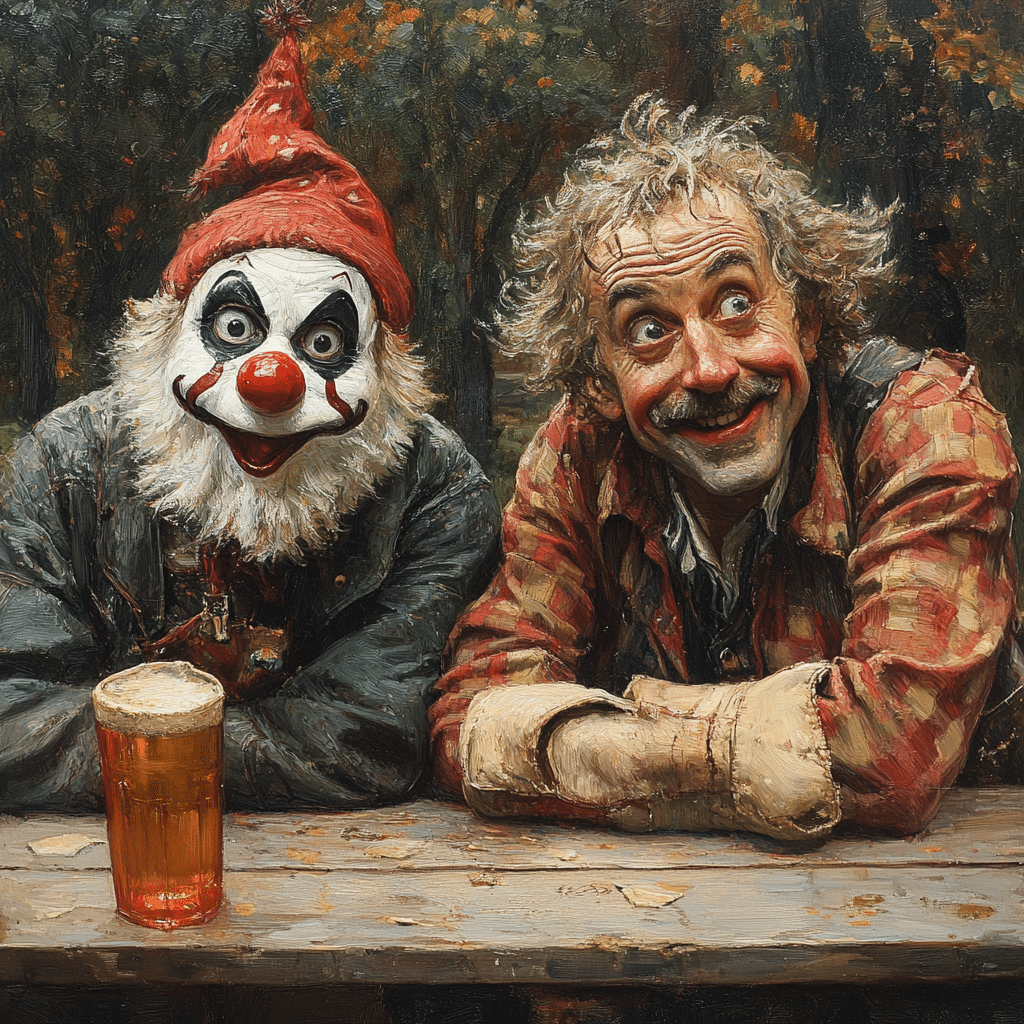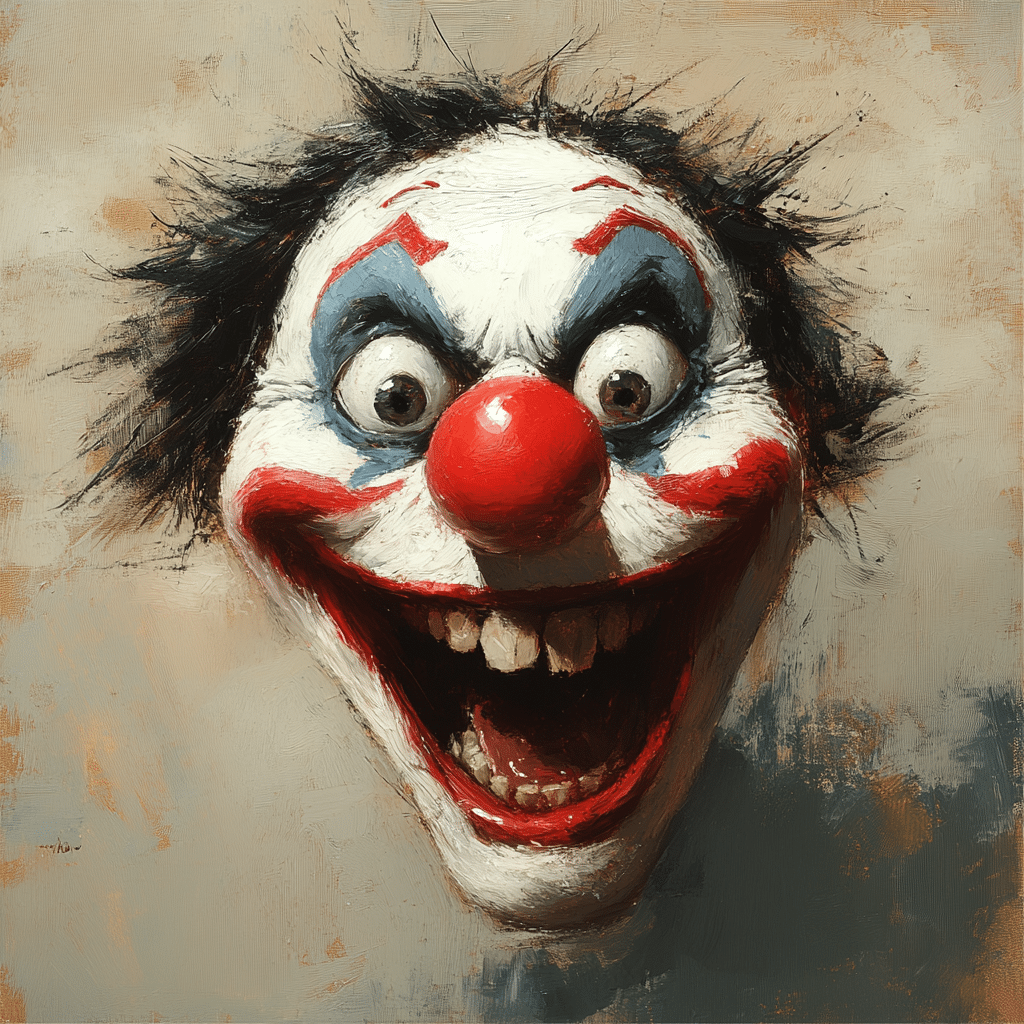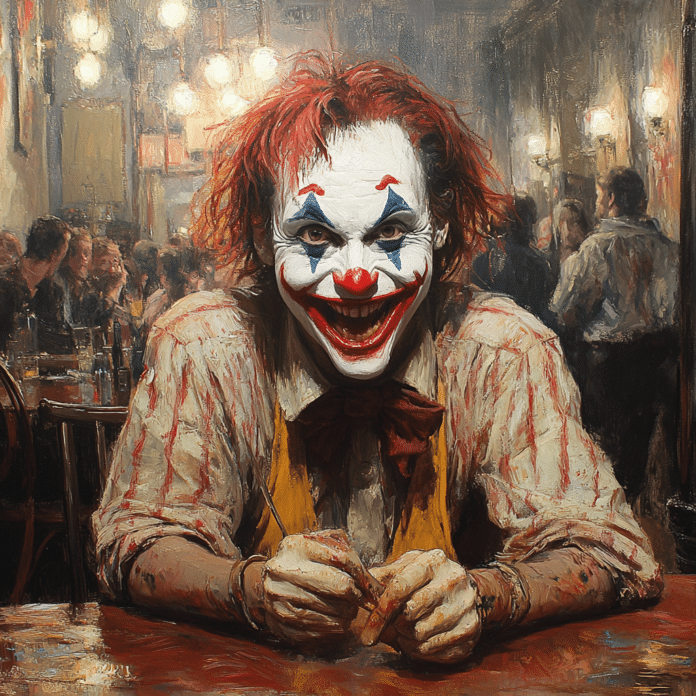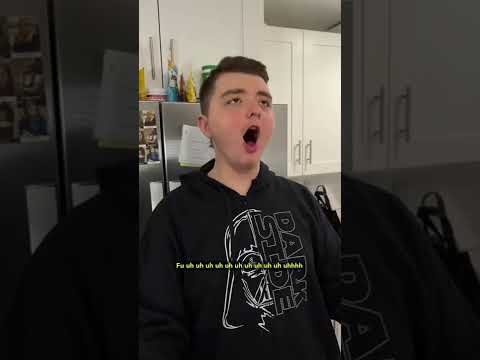In the world of comedy, inappropriate jokes often walk a tightrope between humor and offense. From adult jokes to racist jokes, the humor spectrum can lead us to laugh heartily or cringe in discomfort. Understanding what makes a joke cross the line is crucial as we delve into its impact on society, especially in today’s sensitive cultural climate. Let’s explore how these comedic moments shape our perspectives and why they can spark both laughter and outrage.
The Impact of Inappropriate Jokes on Society
Humor is a powerful tool, capable of breaking down barriers or building walls. Inappropriate jokes can provide a momentary escape but can also hurt marginalized communities. Historical context and societal changes greatly influence what is deemed acceptable.
Take, for example, the evolution of adult jokes. Once deemed humorous, they’ve faced criticism for perpetuating outdated stereotypes. There’s a psychological reason people might find these jokes funny; often, they touch on taboo topics, bringing a thrill from discussing what we usually mull over silently. However, as we evolve, so does our understanding of sensitivity in comedy.
Moreover, social media has accelerated the spread of these jokes. A comment made on stage can quickly escalate into a social media firestorm. Like a viral trend, when inappropriate jokes hit the screen, the response can range from endorsing laughter to immediate backlash, thereby impacting public figures and their careers.

Top 7 Inappropriate Jokes That Cross the Line
Humor can be subjective and context-sensitive. Below are seven instances of inappropriate jokes that have undeniably sparked conversations about where the boundaries lie.
1. Dave Chappelle’s Transgender Jokes
Dave Chappelle, a heavyweight in comedy, has garnered attention for his controversial jokes targeting the transgender community, particularly in his special “The Closer”. Many viewers were left unsettled, believing his comments promoted negative stereotypes. This sparked heated debates about the responsibilities comedians have regarding marginalized identities.
2. Kevin Hart’s Tweets on Homosexuality
In 2018, Kevin Hart faced backlash after old tweets resurfaced, featuring homophobic language. Though he apologized, many felt this demonstrated the often-overlooked line that can be crossed unintentionally in the realm of humor. It ignited discussions about the evolution of comedy and the need for comedians to reflect on their past.
3. Gilbert Gottfried’s 9/11 Joke
Gilbert Gottfried made a bold move during a roast shortly after 9/11, joking about the tragedy. What some saw as a misguided attempt at humor was called out for being excessively insensitive. This highlights how crucial timing and context are when delivering a joke, especially during sensitive times.
4. Racist Jokes in Stand-Up Comedy
Michael Richards, known for his role in “Seinfeld,” delivered a racially charged tirade during a 2006 comedy show. The ensuing public uproar not only showcased blatant racism but reignited conversations about comedy’s role in influencing societal attitudes. Jokes that rely on racial stereotypes don’t just offend; they can reinforce harmful beliefs.
5. Jimmy Carr’s Holocaust Joke
Jimmy Carr has made a name for himself in dark humor. However, his comments regarding the Holocaust led to serious condemnation. Critics argued that such jokes trivialize histories full of pain and suffering, underscoring the thin line between gallows humor and insensitivity.
6. Family Guy’s Controversial Episodes
“Family Guy” is infamous for its boundary-pushing humor. Episodes often tackle sensitive subjects involving race and gender head-on. While some applaud its audacity, others feel the show trivializes serious issues, emphasizing the ongoing battle between satire and respect for all individuals.
7. SNL’s Weekend Update and Race
Saturday Night Live’s “Weekend Update” provides a platform for political commentary, often delving into race-related humor. The challenge lies in keeping jokes relevant while ensuring they don’t cross into offensive territory. Writers must continually balance accountability and comedic expression.

Navigating the Line Between Humor and Offense
Reflecting on these examples of inappropriate jokes that cross the line invites us to examine the cultural tensions of humor today. The role of social media in amplifying outrage is noteworthy; old jokes can resurface and spark new debates faster than ever.
Humor isn’t universally understood, which complicates conversations around what crosses the line. Many comedians argue their job is to provoke thought and challenge norms. Yet there’s an escalating expectation for accountability, particularly concerning marginalized communities that could be affected by careless comments.
Today, comedians face the daunting task of balancing artistry and sensitivity amidst their performance. Social dynamics evolve, thus redefining acceptable humor boundaries.
Embracing Nuanced Conversations about Humor
Navigating inappropriate jokes shouldn’t lead to their total eradication. Instead, we should foster conversations around why certain jokes can offend. When we open dialogues surrounding these topics, we create a space for learning, reflection, and growth in comedy.
Inappropriate jokes can spark profound discussions about societal norms and attitudes. As we discover the delicate balance of comedy, it’s clear some jokes can invite laughter while also prompting critical examination of our society.
Recognizing how humor has evolved can lead to more respectful discourse in an increasingly diverse world. So, as we traverse through these inappropriate jokes, let’s remember to keep an open mind and appreciate the complexity of comedy. For more on how jokes impact culture, check out insights on the humor behind adult Jokes and racist Jokes. After all, laughter is essential, but awareness is key!
Inappropriate Jokes: The Line and Where It Gets Crossed
Inappropriate jokes have been a part of comedy for ages, but some of them go so far that they leave a lasting impression—often one that isn’t so funny. Did you know that certain characters, like Gwen Tennyson, have become beloved figures while also navigating the tricky waters of jokes and humor? Inappropriate jokes have evolved, with edgy humor sometimes overshadowing creativity, leading comedians to struggle with balancing laughs and sensitivity.
Moving on, one of the most shocking moments came from comedian Adin Ross, who made headlines with his controversial remarks related to Kim Jong un. It shows how even celebrities using inappropriate jokes can ignite serious discussions, showcasing the fine line between dark humor and offensive remarks. This balance is crucial, especially during times when audiences are more attuned to issues of respect and understanding. Remember when the cast from Teenage Mutant Ninja Turtles 2014( faced backlash for their edgy promotional material? It’s a testament to how what’s considered funny can shift with societal expectations.
Now, let’s not forget the personal lives of comedians—like Matthew Perry, who stirred curiosity with his humor and the question of Was he married? The pressure can be immense when they make inappropriate jokes, as their experiences color the comedy they share. It’s a reminder that amidst the laughs, there’s often a deeper story at play. Speaking of deeper stories, those who are First-time Homebuyers should consider how humor affects their perceptions of homeownership in popular films; after all, comedy can reflect how societal standards shift just as easily as personal lives.
Whether you’re laughing at Kill la Kill ‘s Ryuko or recoiling at an unexpected punchline, it’s clear that inappropriate jokes offer a complicated yet fascinating angle on comedy, culture, and the connections we form through humor. So, while it’s natural to find humor in the absurd, it’s essential to stay aware of the impact our laughter can have!







